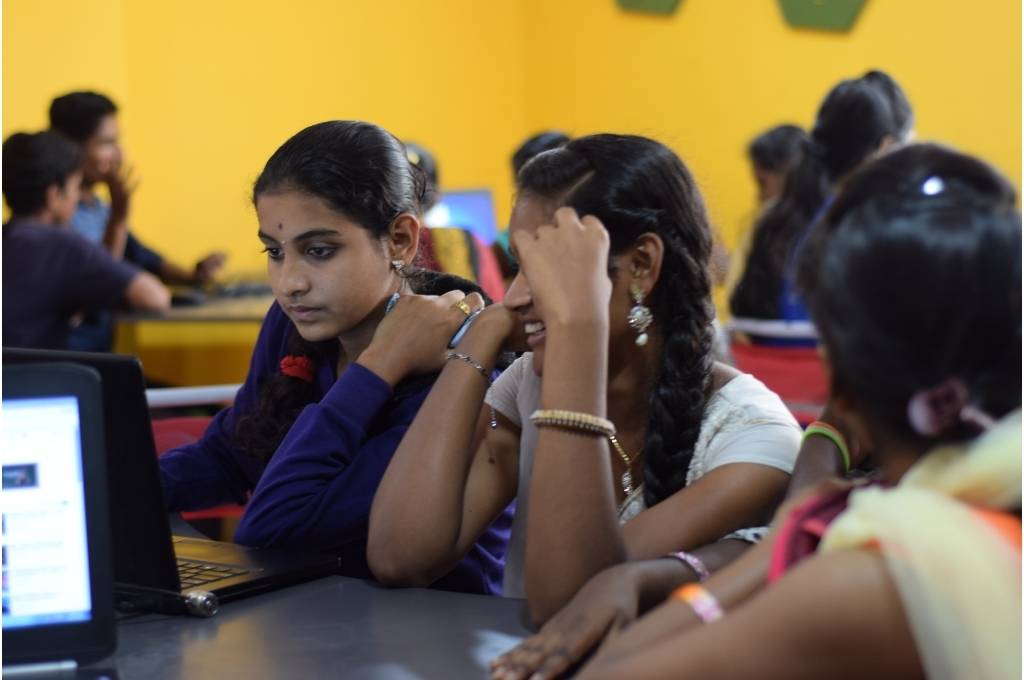Centred Self | A special series
Most leaders in our sector work at the center of complex social problems, often in chronically under-resourced or stressful environments, that don’t allow for self-reflection or self-care. As a result, burnout, serious health issues, and breakdowns are more common than we care to admit.
Addressing these personal challenges is important not only for individual well-being, but also because there is growing evidence that doing so lies at the heart of effectively addressing systemic social challenges.

This series—Centred Self: The connection between inner well-being and social change—conceived in partnership with The Wellbeing Project, Stanford Social Innovation Review, Schwab Foundation at the World Economic Forum, and Skoll Foundation, will explore the important but often-overlooked connection between inner well-being and effective social change. In addition to highlighting new research, articles will include strategies, resources, and actionable steps leaders and others working in social change can implement both for themselves as well as their organisations.
On IDR, we will be covering a variety of themes focused on the Indian context, from the link between effective leadership and inner well-being, to the effects of intergenerational trauma, and the ways in which social movements manage collective well-being.









